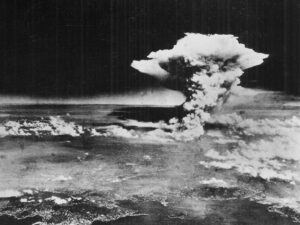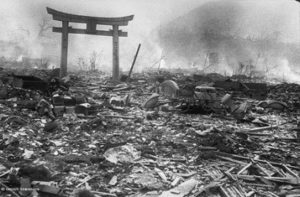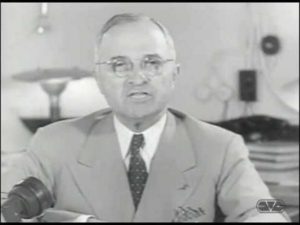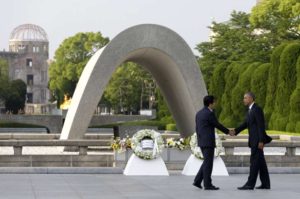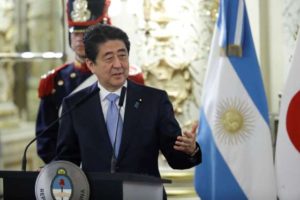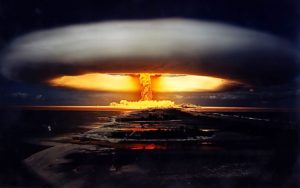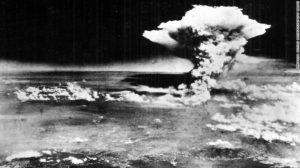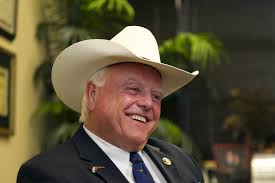I have commented already on this blog about the significance that Aug. 6 has to the country and to me personally.
On that date in 1945, President Harry Truman issued an order that stands the test of time. He ordered a B-29 crew to take off from Tinian Island in the Pacific Ocean. It carried a single bomb.
The plane dropped that bomb on Hiroshima, Japan. The A-bomb killed about 70,000 people instantly. Three days later, another bomber would fly over Nagasaki, Japan, and would drop another bomb. It killed 50,000 people.
Five days after that, Japan surrendered. World War II had come to an end.
I long have saluted President Truman for having the courage to act as he did to bring that war to an end.
He became president after Franklin Roosevelt’s death in April 1945. World War II would rage in Europe until May 8. The Nazis surrendered as the Soviet Red Army marched into Berlin. The Japanese would continue the fight into the summer on the other side of planet. Truman knew a tiny bit about some New Mexico project that was developing a new kind of weapon. Then the Joint Chiefs briefed him, telling him, in effect, “Mr. President, we have this bomb that we believe can end this war quickly.”
My father was part of an occupation force in The Philippines that summer. He was preparing to take part in the invasion of Japan, were that operation were to commence. He had already seen plenty of combat in the Mediterranean Theater. Dad told me once he figured that more combat awaited him once the invasion of Japan commenced. He was a Navy boatswain’s mate. His shipboard duty required him to fire a deck gun in anger at enemy aircraft in the Med. More of that kind of duty likely awaited him.
But then the president ordered the dropping of those atomic bombs. The war ended quickly afterward.
I never have questioned for a moment the wisdom of President Truman’s decision or doubted the courage he demonstrated in issuing the order. Hey, I have some “skin in that game” … you know?
I mean, if Dad hadn’t survived, well, I wouldn’t be here today, writing this blog telling you about how grateful I am to have been given life.
I once told a veterans group in Amarillo about my personal connection to the events of Aug. 6 and 9, 1945. I told those vets, “God bless President Truman.”
They clapped and cheered.
I feel just as strongly today as I always have about the president’s decision to end that terrible conflict in the manner that he did.
